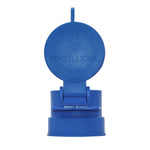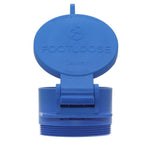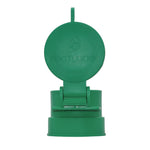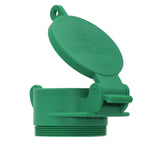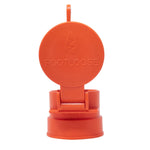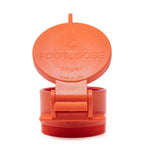You have no items in your shopping cart.
Mechanical test plugs are designed to be durable and hold tight during testing process. They come in a variety of shapes and sizes so that they can fit any pipe. They are also made of different materials, depending on their purpose.
Types of mechanical test plugs
Some plugs may not work in your pipe so it is important to be aware of what size you need. You will want to measure your pipe to ensure you get the right size of mechanical test plug that you need.

Why use a mechanical test plug?
When a new building is constructed it is important to test if the piping system is working the way it is supposed to. The best way to do this is to install testing plugs on the pipes and flush them with air or water. This puts pressure on the system and can help discover any weaknesses or leaks.
Mechanical test plugs are key to the testing process because they seal up the pipes, which creates the pressure inside the system. Functioning pipes are a crucial part of a building’s function. There are times when the pipes in your home or building are going to be under a lot of pressure. Depending on how many people are using water at the same time, or how many appliances are running throughout the building, pipes can easily crack or get damaged. Therefore, testing them by using mechanical test plugs to seal them off and create some pressure is important.
If your pipes are not able to withstand the pressure applied during the testing process, it is better to find out before the building or home is occupied. Fixing issues that are discovered during a test will be far more affordable and cause less damage than having to deal with the headache of pipe problems later on.
Advantages of mechanical test plug
- They can be used during pipe testing, stack testing and even vent testing.
- The material they are made from does not rust and won’t cause damage to any pipe or vent that you use them in.
- Their versatility means that test plugs can be used at different points to seal off the pipe. For example, the end-of-pipe gripper mechanical plug can be used at the end of pipe but can also be placed inside the pipe if needed.
When to use a mechanical test plug
- Whenever you need to test your pipes, it is important to install test plugs. This helps give you the most accurate results about the quality of your pipes. It also protects your system from damage.
- As piping systems age, it is also important to test them regularly to ensure they are still working properly. These tests can give professionals some indication about whether it is time to replace the pipes. Testing can also show where the pipes may be weak, cracked or damaged. By discovering these problems early, repairs can be done that are cost-efficient and will keep the system running well.
Who can install a mechanical test plug?
Testing your pipes can be a complex process. That is why it is best left to a professional. These are skilled individuals who are able to properly place the test plugs where they need to be. They also know how to remove any elements that are currently in place so that the testing can be done.
Most pipe tests insert air or water into the pipes to see if they are working properly. This will also involve some pressure running through the system. Because your pipes are important to the functioning of your home or building, leaving testing to the professionals can be seen as an investment rather than an expense. If you attempt to test the pipes on your own and accidentally damage them, it can leave you with a big repair bill.
Test plugs for well monitoring manholes
The versatility of test plugs extends to well monitoring manholes. These pieces of equipment offer access to sewers so that they can be monitored, and samples taken. Mechanical test plugs are a reliable tool to use when testing well monitoring manholes. They are able to withstand the pressure and methods required for testing these pipelines.
Testing the sewer system is an important and intricate process. When you undergo testing of sewer pipes you want to be sure that the test plugs you use are strong enough to seal off the areas that are being tested. This protects everyone involved in the process and keeps the lines secure. If there is an issue discovered in the pipes, you can have the peace of mind to know that the test plugs made the process safe.
Tips for buying a mechanical test plug
If you are looking to buy a mechanical test plug for your piping system, there are a few important things to know. These include:
- Size: Mechanical test plugs come in a variety of sizes. It is important that you know the size of each pipe you intend to seal. If you try to use a plug that is not the right size, the test won’t be accurate, and you may even damage your pipes.
- Material: Plugs can be made of different types of material including nylon and PVC. Each of these are available at different prices. Depending on the scope of your testing project, you may need to budget in a more affordable material like nylon.
- Type of testing: It is also important to know what type of testing you will be performing on the pipes. Depending on whether you are doing air or water testing could determine the type of test plug that you need.
Conclusion
Testing the pipes in your building or home is an important process.
- It helps ensure your system keeps running well.
- Tests can also reveal any damages or cracks in your pipes.
- By finding these problems early, you can avoid a high repair bill.
Whenever you put your piping system through tests, it is important to use plugs to seal off the pipes. This can help you discover where the problems may be. It also helps protect the building and your pipes from damage.
To find out more about mechanical test plugs, contact Enviro Design Products or visit our website.



